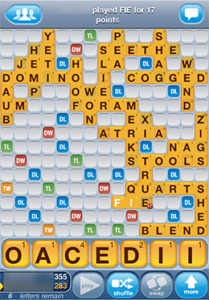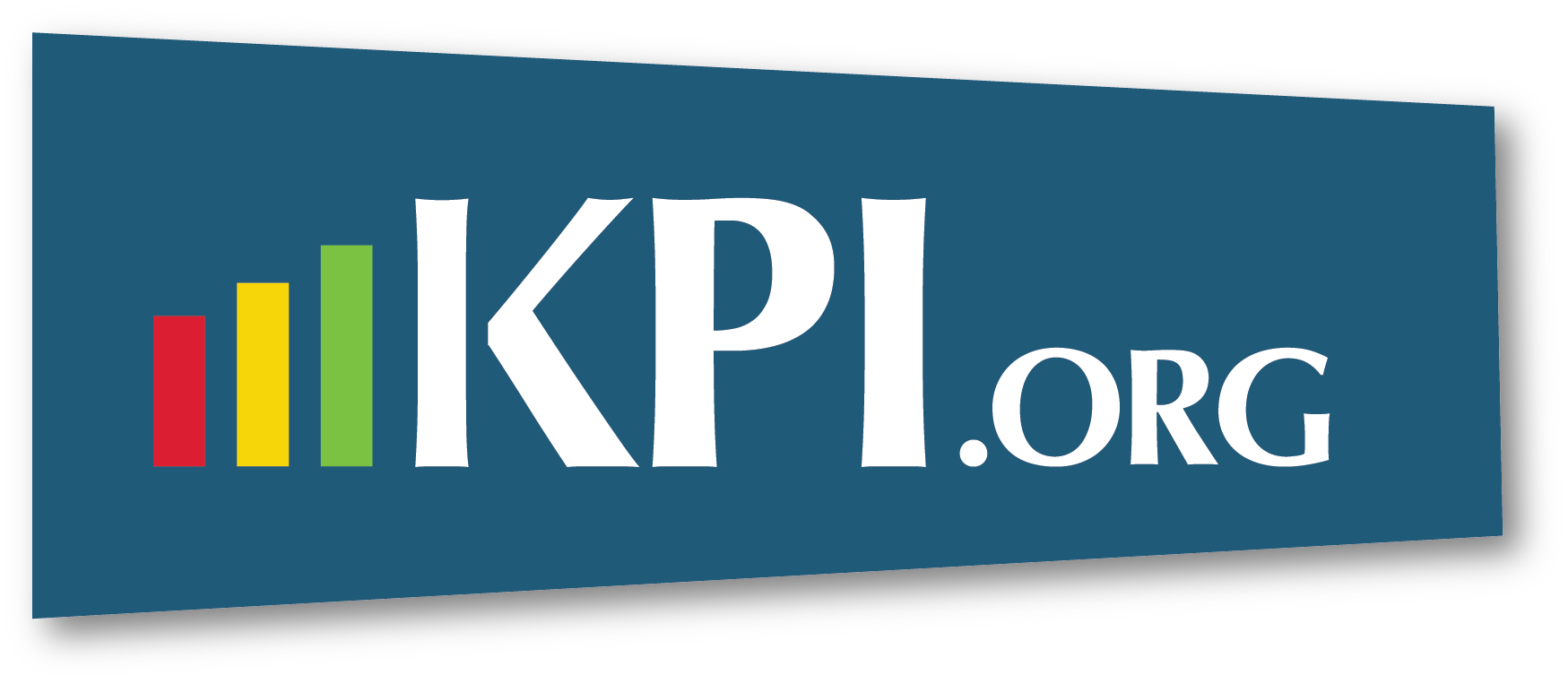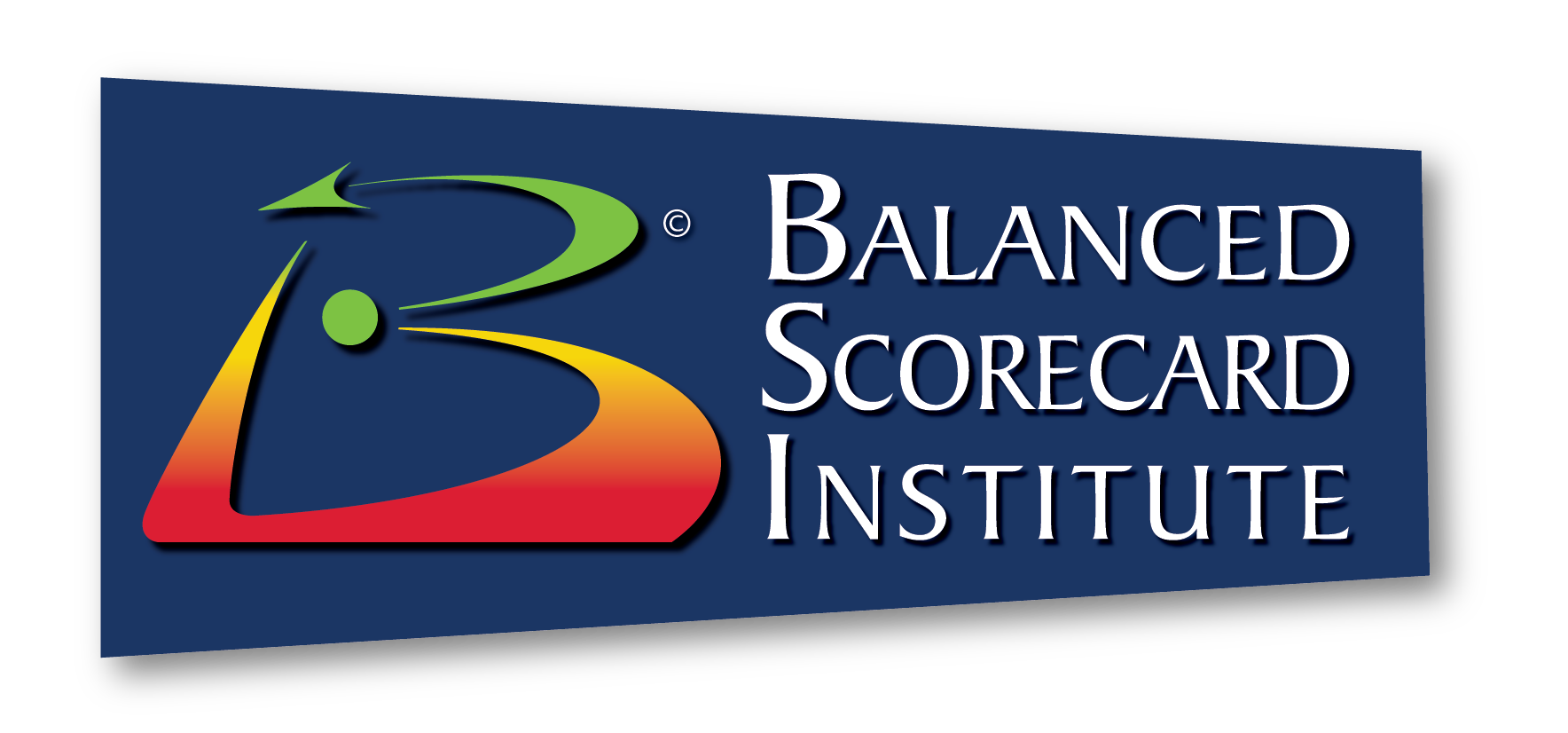Umiaq is defined as a large open Inuit or Eskimo boat made of skins stretched on a wooden frame, usually propelled by paddles. I looked it up only because my Words with Friends opponent just played that word. There are several possible explanations for this move. Maybe my friend of many years has recently become an expert in the Inuit culture. Maybe his linguistic genius is finally starting to gel, although that seems unlikely after years of unexceptional Scrabble play. Or more likely, he randomly guessed over and over until something was accepted. 
Much has been made about “plugging”, the practice of guessing randomly until you stumble upon a word. To a Scrabble purist like me, this is cheating, pure and simple. To seemingly everyone else, this is just part of the game and I need to shut up and stop being a sore loser.
My point here is not to rant about the game. My point is that, for better or worse, sometimes your strategic competitive environment changes. Your favorite political party loses. Your competitors merge. Technology enables your customers to replace your cash cow service for free. A small new competitor comes up with a disruptive new technology that changes the rules in your industry.
This seems almost unfair in the strategic planning and management world because you spend so much time and energy designing and executing a comprehensive strategy around certain assumptions. Just when you think that the initiatives that you are implementing are closing the gaps on your targets, the rules change and you find yourself on the Blackberry end of the iPhone revolution.
There are a few guidelines you can follow to make sure that this doesn’t happen. First, don’t skimp on your external environmental scan during the Assessment step and be sure to go back and update that analysis periodically. Some of us work in industries that change abruptly from quarter to quarter, but in most industries, change happens gradually enough that an annual update will be adequate.
Second, use scenario planning to help identify strategy alternatives. Scenario planning helps recognize the many factors that combine in complex ways to affect future success, and tries to make sense of how these factors interact and how they drive change, leading to a deeper discussion on better business strategies.
Finally, sometimes planners get too attached to their product and have to be reminded that a dynamic strategy needs to be continuously evaluated to enable the organization to nimbly adapt and change. Evaluation helps organizations understand how well strategies accomplish desired results and how well the strategic management system improves communications, alignment and performance. A more formal evaluation process is usually conducted once a year, although if your organization is in a sector that changes more rapidly than that, more frequent evaluations are needed.
If I don’t like plugging in Words with Friends, I can simply stop playing out of principle. But if my livelihood depends on my ability to adapt to a changing world, I have to be able to quickly and systematically adapt my strategy. If I am too stuck in my ways, my organization will have a serious problem. Sort of like being in an umiaq without a paddle.
For more about how to adapt your strategy to a changing world, see The Institute Way: Simplify Strategic Planning and Management with the Balanced Scorecard.
David Wilsey is the Chief Executive Officer with the Balanced Scorecard Institute and co-author of The Institute Way: Simplify Strategic Planning and Management with the Balanced Scorecard.






